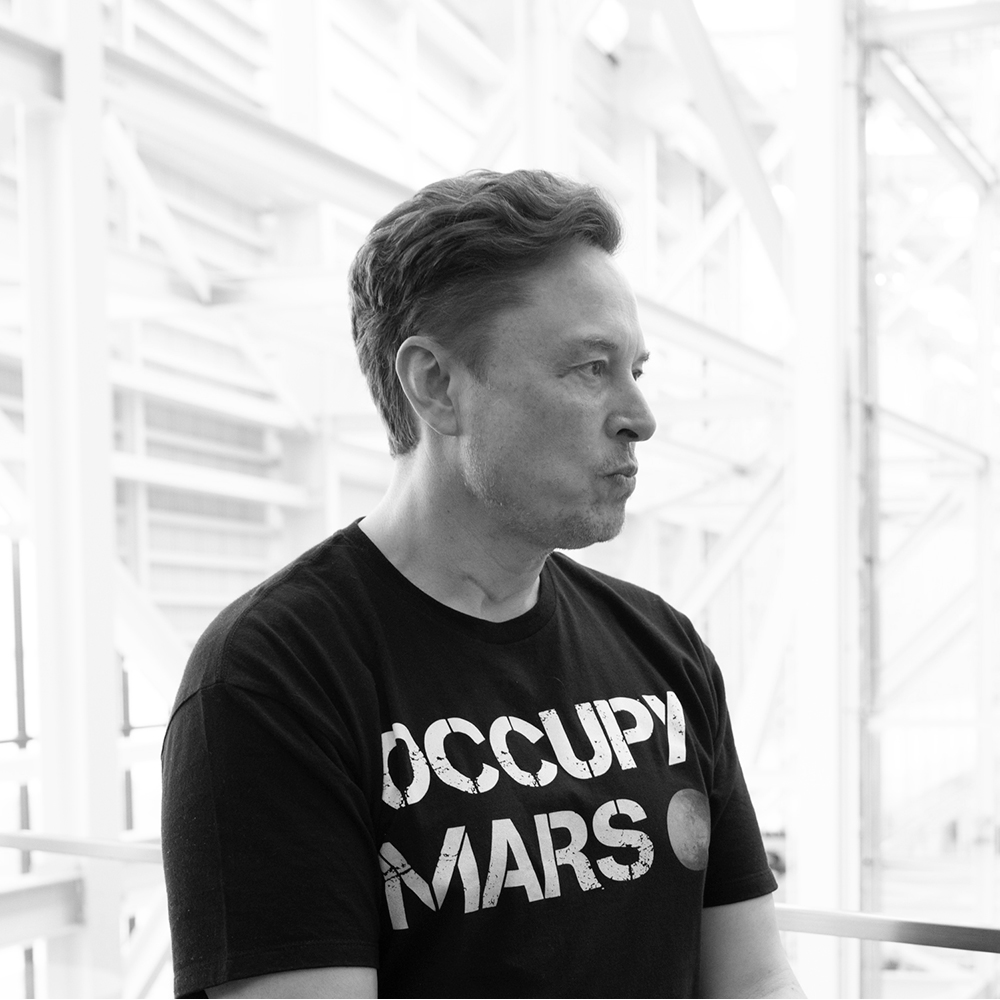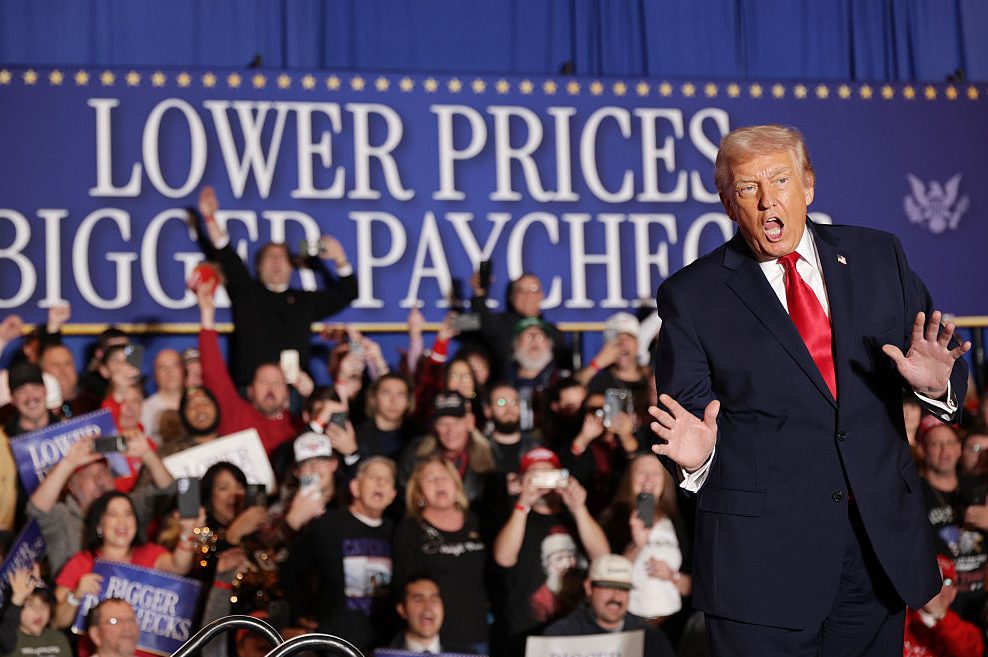Donald Trump’s Big, Beautiful Bill was supposed to slash government waste and inefficiency. So why is it going to result in an even bigger, uglier deficit? The legislation was still being picked over in the Senate as this magazine went to press. But the Committee for a Responsible Federal Budget has calculated that the bill will add $2.5 trillion to the deficit over the next decade – and that estimate is far more likely to go up than down.
The President’s opponents have characterized the Big, Beautiful Bill as a swindle that steals from the poor to give to the rich. That may be true to some extent, in that it could become harder for some people to qualify for Medicaid, while wealthy Americans will enjoy the extension of lower tax rates.
Then again, there are tax breaks for the low-paid, too, in the removal of taxes on tips and overtime as well as a suspension of tax on car loans. The problem with the Democrats’ reverse Robin Hood narrative is that it misses the bigger point: the federal government is risking impoverishing everyone by failing to get spending under control. Maybe that’s what progressives really mean when they talk about “equity.”
“Did my best,” wrote Elon Musk, dejectedly, on his social media platform X, in response to a fan who expressed horror at the Republican party’s reluctance to support his Department for Government Efficiency (DoGE). Two days later, Musk publicly confirmed that his time as “special employee” in the White House was over. In the same week, he expressed his “disappointment” over the Big, Beautiful Bill. “I think a bill can be big or beautiful,” he said. “I don’t know if it can be both.” Trump’s supporters will say that such talk shows that Musk is just a Ron DeSantis-like fiscal hawk who doesn’t appreciate the new winds of economic populism. But the logic of spending within one’s means is irrefutable.
DoGE was supposed to signal a huge change in how the government spends money. President Trump invited Musk to rifle through the government’s accounts and slash just about everything. And yet Musk was unable to stop the government racking up ever-higher debts to be borne by future generations of taxpayers.
There are certainly substantial cuts to some services in the bill. There are also substantial rises, however, such as an extra $67 billion over ten years for homeland security and an extra $144 billion of military spending. Trump’s supporters will say that voters want strong borders and a powerful military – and that’s true. But bills have to be paid somehow. The Trump administration also wants to introduce $4.8 trillion worth of tax cuts, again over the next decade. Cutting that much revenue out of the system makes it extremely difficult to balance the books, even with healthy economic growth. Trump’s “External Revenue Service” – i.e., his tariffs – may for now be bringing in billions of dollars. But tariffs will not plug the yawning hole in the nation’s finances.
With Musk now stepping back from government, the momentum for spending cuts appears to have been lost. DoGE was good politics. The public enjoys seeing the fiscal fat in Washington exposed and removed. But it was always going to be difficult for the world’s richest man, a South African by birth, to get away with imposing austerity on everyday Americans. And with federal entitlements as vast as they are, tackling the debt in earnest must involve making difficult and unpopular decisions. That’s not something Donald Trump, with his political eye fixed firmly on the midterms, seems willing to do.
The President’s political ideology may seem to be the polar opposite of European governments. Yet the pattern across the developed world is the same: governments run vast deficits not just through the bad times, as John Maynard Keynes might have advised, but through the good times, too. And when the bad times return, they want to borrow even more, which takes us all closer to fiscal oblivion. Governments end up in this position for a very simple reason: it is politically far easier to spend money than it is to raise it through taxes. As a consequence, successive administrations have been drawn to do more of the former than the latter. In the short term, that can bring rewards on election day. In the long term, politicians have to hope that they are not the ones in power when the reckoning comes.
The growing indebtedness of first-world governments is one of those things that carries on apace because no one wants to admit the obvious dangers. If a government finds it does not have the money to service its debts – which, in the federal government’s case cost $881 billion last year, more than the $850 billion spent on defense – holders of Treasury bills can comfort themselves with the thought that a sovereign government can always print its way out of trouble. A government, especially in America, can print all the money it likes, but that doesn’t mean this money will have much in the way of value. The biggest hazard from excessive government indebtedness is that it drives up inflation – the mechanism that ensures we cannot get something for nothing.
Modern governments like to imagine their spending helps to boost growth, thereby easing the debt burden. Yet the opposite is true: by transferring resources from the private to the public sector they suppress growth. The creation of DoGE promised to mark a once-in-a-generation change of attitude toward government spending. But even though there will be deep cuts in some areas, the will to create lasting change has always been missing. If Trump and Musk cannot rein in spending, it is hard to imagine who will ever balance the books.
This article was originally published in The Spectator’s July 2025 World edition.























Leave a Reply